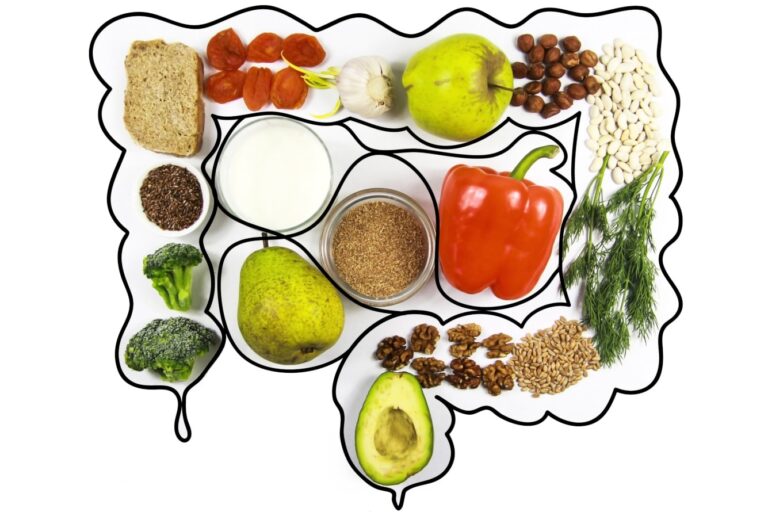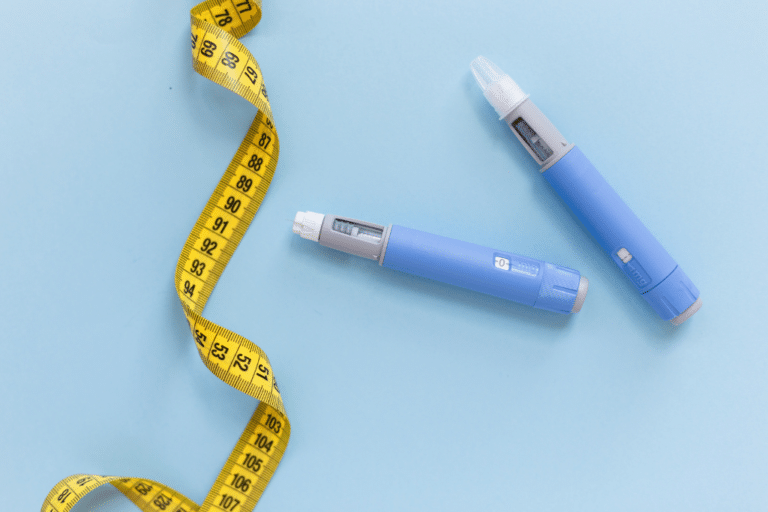By Elizabeth Hozier
Digestion is all about breaking down food into smaller nutrients, which your body then uses for energy, growth, and cell repair. It’s what keeps your body strong and healthy.
Factors like fluctuating hormones can lead to digestive problems which, at best, are annoying and at worst, potentially life-threatening. And true enough, Everyday Health notes that stomach-related chronic illnesses are among the most common health challenges people face. This is likely to become an even bigger problem as Maryville University predicts over 164 million Americans will be diagnosed with some kind of chronic illness by 2025. If people do nothing to change their health, these numbers have the potential to overwhelm the healthcare system.
Ultimately, the road to a healthy body starts with healthy habits, or in this case, proper nutrition. A health study published in the Nutrients Journal highlights the important role that gut microbiome plays in the prevention of chronic diseases, from metabolic conditions to gastrointestinal disorders. One of the most overlooked aspects of gut health is its relation to hormones. And for any woman looking to keep a healthy body well into menopause, understanding the relationship between your gut and hormones is absolutely critical. During the menopause transition, in particular, an unhealthy estrobolome (the microbes that help process estrogen) can contribute to higher levels of estrogen and more problems with estrogen dominance.
[bctt tweet=”For any woman looking to keep a healthy body well into menopause, understanding the relationship between your gut and hormones is absolutely critical. #guthealth #perimenopause #hormones #bloating #GIhealth #gutmicrobiome #estrobolome #DrAnnaGarrett #ElizabethHozier” username=”DrAnnaGarrett”]
Hormones and Gut Health
Hormones may be the last thing on your mind when you’re considering ways to improve your gut health, but the fact remains that they do matter. Have you noticed that the closer you get to menopause, the easier it is for food to cause intestinal bloating? Science has the answer.
“Since [food is] metabolized entirely by the liver, [the organ] can’t attend to other important functions like breaking down fats and hormones,” suggests professor Paul Ratte of the Northwestern Health Sciences University. He noted that an increase in PMS symptoms in perimenopause is a sign of the same underlying dysfunction since poor digestive health can cause increased levels of estrogen in our bodies. Cortisol levels can also contribute to gut issues. According to Dr. Elizabeth Scott, high levels of cortisol slow down your metabolism, along with other negative effects like lowered immunity and higher blood pressure. It’s a vicious cycle that gets worse the older you get—that is unless you take the necessary steps to improve your gut health.
Improving Gut Health
Sugar, especially artificial sweeteners, have the tendency to cause dysbiosis or the imbalance of gut microbes. Health writer Lisa Richards explains that sugar encourages the growth of pathogenic organisms in your gut. This can overwhelm the good bacteria and cause digestive issues. If you find yourself craving sweets, then it’s best to stick to naturally sweet foods like fruits, legumes, and certain seeds like chia.
Another way to improve your gut health is by taking probiotics. The addition of healthy bacteria into your diet can aid the breakdown of food, letting your liver attend to other needs like breaking down hormones. Fermented foods such as kefir and soybeans, as well as yogurt, kimchi, and pickled vegetables, are all naturally rich in healthy gut bacteria. It’s important to take probiotics in moderation, as too much might also cause excess gas and bloating. The type of probiotics used should also be rotated every 3-4 months to prevent overgrowth of the supplemented microbes.
Gut health is also impacted by some medications including stomach acid reducers (PPIs), birth control pills, and HRT.
Conclusion
During the menopause transition, in particular, an unhealthy estrobolome (the microbes that help process estrogen) can contribute to higher levels of estrogen and more problems with estrogen dominance. The more your symptoms fluctuate, the more you should be paying attention to your gut health. Notice the effect different foods have on your GI tract and how your hormone symptoms come and go. A food journal can help sort this out. Consider testing like the GI Map test or food sensitivity testing to identify the root causes of GI distress. Please email info@drannagarrett.com if you’d like more information about these tests.
Dr. Anna Garrett is a menopause expert and Doctor of Pharmacy. She helps women who are struggling with symptoms of perimenopause and menopause find natural hormone balancing solutions so they can rock their mojo through midlife and beyond. Dr. Anna is the author of Perimenopause: The Savvy Sister’s Guide to Hormone Harmony. Order your copy at www.perimenopausebook.com.
Dr. Anna is available for 1-1 consultations. Find out more at www.drannagarrett.com/lets-




